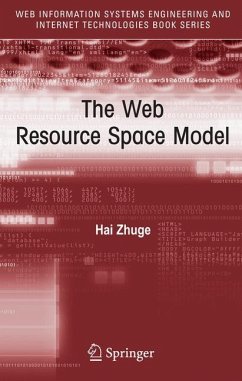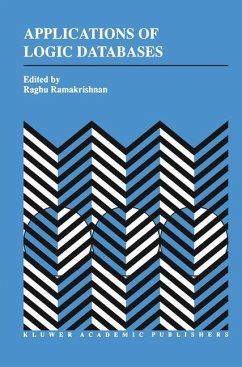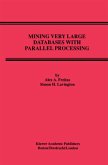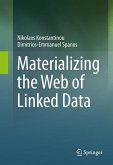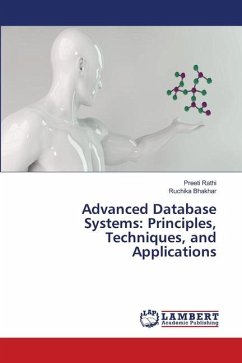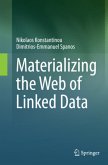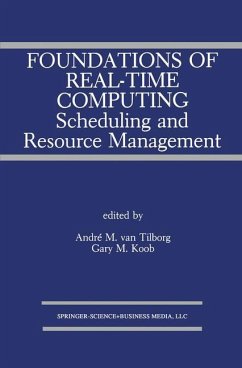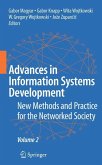Classifying objects into categories at different granularity levels, establishing links between known objects, and discovering clues between known and unknown objects are essential for new-generation semantic data models. This book introduces the Resource Space Model (RSM), which effectively organizes and correctly manages resources by normalizing classification semantics.
This volume presents basic models of RSM and the Semantic Link Network (SLN), the relationship between the two, and an approach to integrating the two models and exploring their semantic-rich interconnection. Also detailed is a comprehensive theory of query operations on RSM and extensive coverage of the distributed RSM in parallel with the distributed relational database systems.
This text is sure to be considered a substantial contribution to the field of Knowledge Grid by researchers in the areas of web, semantic web, and decentralized data engineering, as well as the emerging semantic andknowledge grid arena.
This volume presents basic models of RSM and the Semantic Link Network (SLN), the relationship between the two, and an approach to integrating the two models and exploring their semantic-rich interconnection. Also detailed is a comprehensive theory of query operations on RSM and extensive coverage of the distributed RSM in parallel with the distributed relational database systems.
This text is sure to be considered a substantial contribution to the field of Knowledge Grid by researchers in the areas of web, semantic web, and decentralized data engineering, as well as the emerging semantic andknowledge grid arena.

